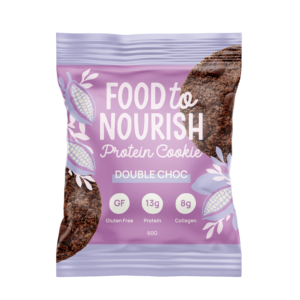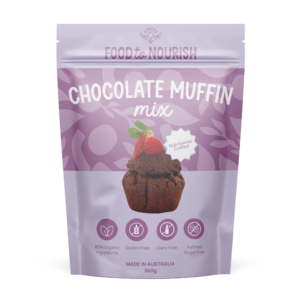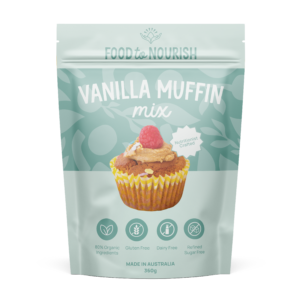By now I’d like to think most people are aware of the hidden costs of stress on our health. However, I think some people would be surprised to learn what contributes as stress to the body.
What factors cause stress in the body?
Most of us are familiar with the kind of stress we experience due to work commitments, financial pressure or relationship problems. However, there are many other factors that can cause stress on the body:
- Over exercising, e.g. marathon training or high intensity training without sufficient rest and recovery.
- Shift work
- Poor diet
- Inadequate sleep, 6 hours or less a night
- Excessive consumption of stimulants, such as coffee and sugar
- Menopause
- Inflammation
What happens when the body is experiencing stress?
When the body experiences stress it triggers our ‘Fight and Flight’ response.
All of the above factors that cause stress trigger the same stress response in the body. The body does not differentiate between the different types of stress, all it knows is that the stress response has been triggered and it needs to fight or flight.
The fight and flight response releases a number of different hormones, namely adrenalin and cortisol. These 2 hormones have the following affect on our body:
- Increases our heart and breathing rate. This increases blood flow to the brain, which allows us to think faster and be more alert. It also increases blood flow to our muscular system, which allows us to move faster and stronger.
- Increases the release of insulin (which helps give our cells plenty of energy to fight and flight).
- Shuts down reproduction (it’s not safe to bring offspring into the world when you’re facing a life threatening situation).
- Decreases our blood flow to our digestive system (the priority now is to protect ourselves, not digest lunch!).
- Decreases the release of other key hormones, for example melatonin which is an important sleep hormone. You don’t want to be sleeping in a potentially life threatening situation.
The fight and flight response is a healthy stress response that allows us to survive particular stressful situations, it has been part of our evolution for thousands of years. This stress response becomes unhealthy when it is triggered chronically over long periods of time.
What are the long term affects of being chronically stressed?
Fight or flight response is perhaps not as useful to us now as what it was years ago, when we would have been hunting and facing life and death situations on a regular basis.
Long-term effects of being chronically stressed can affect the following aspects of your health:
- It affects our sleep, due to cortisol impacting on the release of our sleep hormone, melatonin.
- It affects our appetite as high insulin levels increase cravings for sugar and carbohydrates.
- It affects our ability to reproduce causing infertility
- It affects indigestion, due to reduced blood flow to our digestive system.
- It can increase our blood pressure due to the increase in heart and breathing rate.
- It reduces our immunity and affects our ability to properly fight infection.
- It suppresses thyroid function
When you start to realize the full impact of stress on your body it helps put things into perspective and hopefully triggers you to make some changes.
What are some things we can do to reduce stress and the effects of stress?
First of all it’s really important to look at what is causing you stress and where possible find ways to remove or reduce that stress. I realize that this is much easier said than done and there are particular situations that make it hard to change in order to reduce stress. But do what you can.
Once you’ve removed as many stressors as possible it’s time to help negate the effects of the stress you’re still experiencing. You can do this by implementing some yoga and meditation into your daily life.
The following foods are rich in key nutrients that can support the body during periods of stress.
- Foods rich in magnesium: pumpkin seeds, cacao powder, linseeds, sesame seeds, sunflower seeds, brazil nuts, molasses, dark green leafy vegetables (try this recipe full of greens).
- Foods rich in B vitamins: pork, beef, pecans, dark green leafy vegetables, spirulina/chlorella and potentiated bee pollen.
- Food rich in Vitamin C: Oranges, lemons, mandarins, capsicum etc.
- Calming herbs to use in herbal teas: passionflower, chamomile, tulsi tea.
- Reduce the foods that stress the system: refined sugars, alcohol, excess caffeine.

















